The Rise of Chinese Universities
According to the 2025-2026 ranking of the world's 100 best universities, China has 15 universities on this list. Tsinghua University is ranked highest, ranked 11th in the US News World Report ranking, up 2 places from last year. Peking University and Zhejiang University also rose to 25th (from 31st) and 45th (from 51st) respectively.
This is a remarkable leap forward compared to just seven years ago, when only two Chinese universities made it into the global top 100: Tsinghua University (50th) and Peking University (68th). This remarkable progress is reflected not only in numbers but also in the quality of research and the growing international appeal of Chinese institutions .
While US universities still maintain their positions in the world's top 10, recent rankings clearly show that Chinese universities are attracting international talent at an increasingly rapid pace.
Tsinghua University is now considered the “MIT of China”, famous for its excellence in technology, engineering and science, with deep ties to industry. In fact, Apple CEO Tim Cook himself is the Chairman of the Advisory Board of Tsinghua University School of Economics and Management, a convincing recognition from the world’s leading business community.
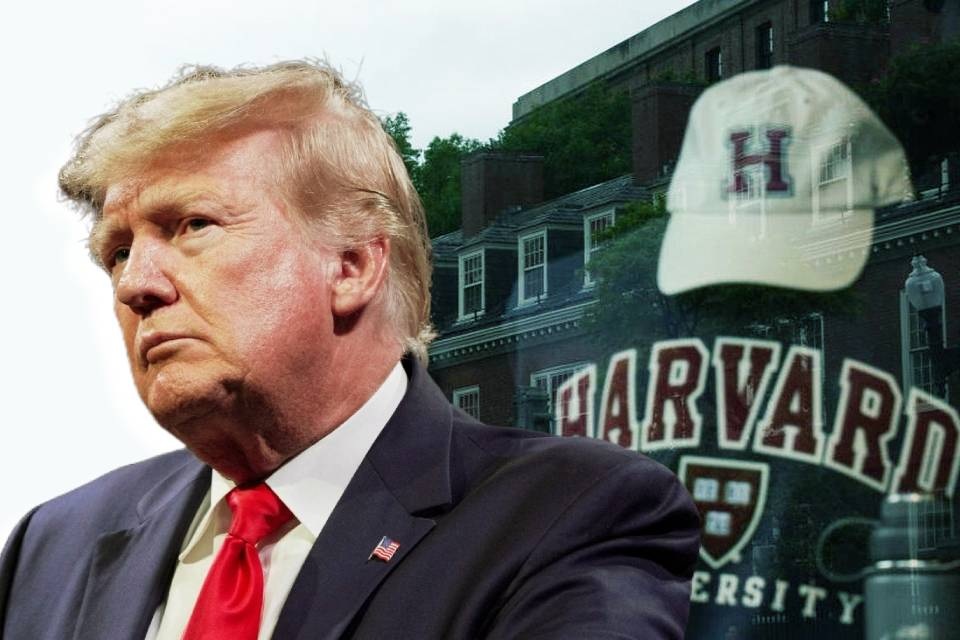
Harvard University and the administration of US President Donald Trump have entered a legal battle as Harvard filed lawsuits in federal court (Photo: CNBC).
Trump's policy of "tightening" universities
Earlier this year, after returning to the White House, President Donald Trump began aggressively targeting foreign students, relentlessly threatening deportation and banning international students from studying at prestigious US schools.
Harvard, which remains at the top of global rankings, became a particular target of Mr Trump when it was banned from recruiting international students – a decision quickly suspended by a federal judge after Harvard filed a lawsuit.
The White House recently directed federal agencies to cancel all remaining contracts with Harvard. Notably, international students make up nearly 30% of Harvard’s student body, and these measures could have a serious impact not only on revenue but also on the diversity and quality of education at the school.
President Trump has also frozen and cut billions of dollars in research funding, interfering with curricula and threatening the ability of international students to study in the US. This policy affects not only Harvard University but also the entire US higher education system.
The consequences of Mr Trump’s policies on universities are already beginning to become clear. The US journal Nature has analysed data from its employment platform to track where scientists are looking for jobs.
In the first months of the Trump 2.0 administration, there was a significant increase in the number of US candidates seeking jobs in Canada (+41%), Europe (+32%), China (+20%), and other Asian countries (+39%), compared to the same period in 2024.
Notably, Nobel Prize-winning scientist Ardem Patapoutian, who, after having his federal funding frozen, received a 20-year funding offer from China if he agreed to move his lab there, is also opening his arms to all scientists of Chinese or Chinese-American descent.
While Patapoutian declined China’s invitation, it’s clear evidence that other countries are moving quickly to take advantage of the situation in the U.S. education system. In interviews with STAT, more than a dozen scientists and scholars across the country expressed concern that talented young scientists could abandon academic research, potentially undermining America’s long-standing position as a world leader in biomedicine.
In Europe, European Commission President Ursula von der Leyen has earmarked an additional half-billion dollars for their research agencies to bring American scientists, educators, and scholars to the EU. President Macron of France has done the same to bring American scientists to France. And now Germany and Spain are starting to do the same.
The University Health Network (UHN) in Toronto and other Canadian foundations have also announced a $30 million CAD (about $21.5 million USD) initiative to recruit 100 top career scientists from the United States and elsewhere. “Some of the top scientists are looking for a new home right now, and we want UHN and Canada to seize this opportunity,” Julie Quenneville, president and CEO of the UHN Foundation, said at a press conference.
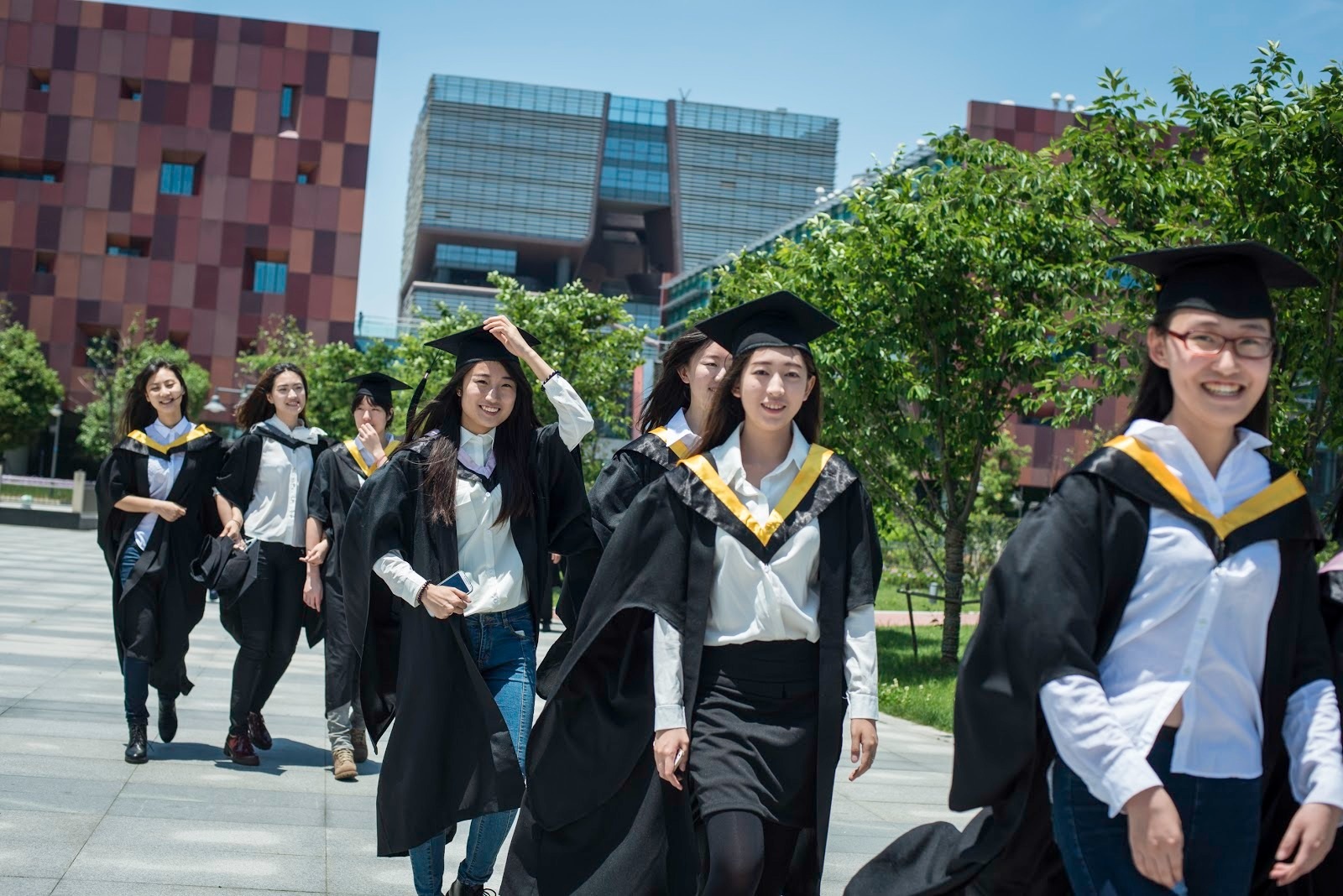
Chinese universities are opening up opportunities to recruit the best domestic students (Photo: SCMP).
China is reaping, America is increasingly "losing"?
While the US is creating problems for its own education and research system, China is making the most of this opportunity. Thousands of Chinese researchers have returned to the mainland. Experts predict that Chinese graduate students are looking for opportunities elsewhere, possibly in China.
According to many consulting firms, Chinese universities are recruiting the best Chinese students not according to the traditional international model - that is, recruiting the world's best talents - but focusing on recruiting students from within China, because China has enough internal resources.
Trump 2.0's university policies have also severely damaged the reputation and financial stability of universities, and especially the quality of research - a traditional strength that has helped attract many international students to the US.
The National Institutes of Health (NIH) funding freeze has led to widespread job losses and funding cuts. The National Science Foundation has also slashed nearly $1.4 billion in grants. These cuts not only affect current research projects but also create long-term uncertainty, making young scientists reluctant to pursue research careers in the United States.
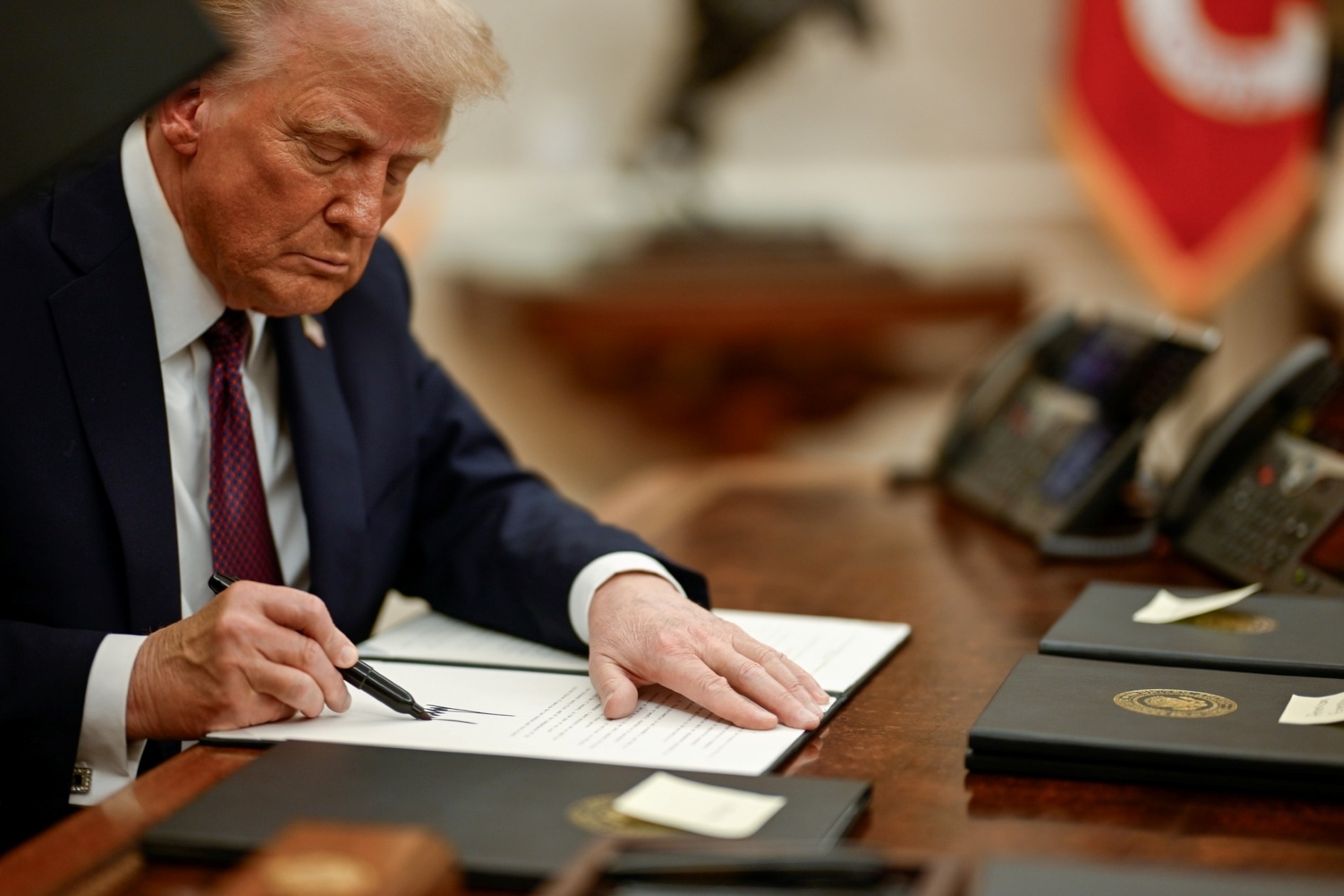
US President Donald Trump is having new directions for the US higher education system (Photo: CNBC).
Warning from experts
“The US needs to remind other countries and itself that there is competition for position in the global talent market and that it cannot afford to be complacent if it wants to maintain its dominance in innovation,” said Lex Zhao, CEO of venture capital firm One Way Ventures. He warned that Trump’s policies are “pushing international talent away from US institutions into the arms of more welcoming countries, even countries hostile to the US.”
Simon Marginson, a professor at Oxford University, also said that Mr. Trump is creating gaps in the education system that rivals can fill, and “the position of Chinese universities will gradually be consolidated in the long term.”
In particular, President of the US National Academy of Sciences Marcia McNutt was blunt: “This is a setback in the race to become an international scientific power that you never fully recover from. You can speed up again, but you cannot make up for the years you stood still while your competitors were running ahead.”
The fact that thousands of highly skilled professionals, especially those of Chinese descent, are leaving American institutions for new opportunities in China and elsewhere is not just a reversal but a redistribution of global intellectual power that is reshaping the research ecosystem and tilting the global innovation balance in a significant way.
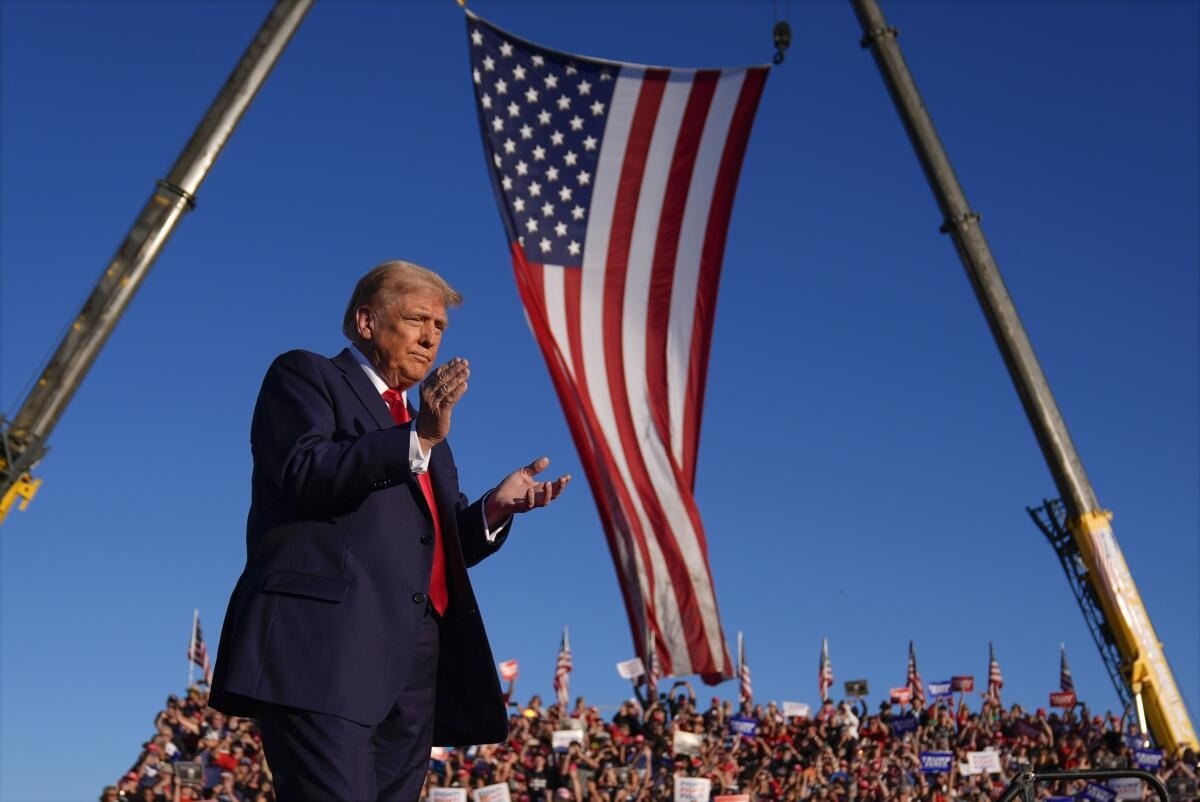
The global competition for talent has begun (Illustration: Los Angeles Times).
Historical lessons and warnings for the future
Seventy years ago, the United States deported Qian Xuesen, a pioneering Chinese-born aerospace engineer. Returning to China, Qian continued his work, later becoming known as the father of Chinese rocketry and the founder of the country’s missile and space programs. Former U.S. Undersecretary of the Navy Dan Kimball called Qian’s deportation “the stupidest thing this country has ever done.”
History seems to be repeating itself as the Trump 2.0 administration is looking to block international students from coming to Harvard, threatening to revoke visas for Chinese international students, and cutting funding for a range of scientific research. This is nothing short of a self-inflicted brain drain, and the resulting exodus of the world’s best and brightest from the United States could weaken the country for generations to come.
Policies like these are not only causing immediate harm, but can also have long-term consequences that are difficult to repair. When talented people leave, they take with them not only their knowledge and skills, but also their networks and ability to innovate. This could result in the United States losing its leadership in key technology areas.
The global talent race has begun, and China has the upper hand. Can the United States recognize its mistakes and make timely adjustments to avoid losing its world leadership in innovation and scientific research? The answer to this question will determine not only the future of American higher education, but also the country’s international standing in the coming decades.
Ngo Hoang
Source: https://dantri.com.vn/giao-duc/giao-duc-trung-quoc-bat-ngo-nhan-duoc-co-hoi-vang-tu-my-20250723130309287.htm




![[Photo] Lam Dong: Images of damage after a suspected lake burst in Tuy Phong](https://vphoto.vietnam.vn/thumb/1200x675/vietnam/resource/IMAGE/2025/11/02/1762078736805_8e7f5424f473782d2162-5118-jpg.webp)

![[Photo] President Luong Cuong receives US Secretary of War Pete Hegseth](https://vphoto.vietnam.vn/thumb/1200x675/vietnam/resource/IMAGE/2025/11/02/1762089839868_ndo_br_1-jpg.webp)

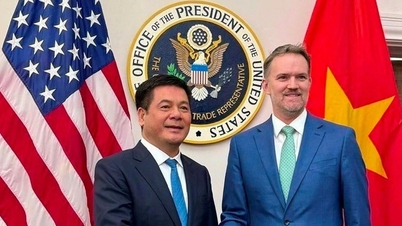
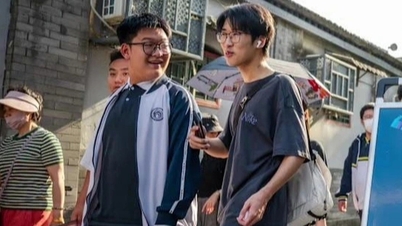








![[Video] Expected many special policies on salaries and allowances for teachers](https://vphoto.vietnam.vn/thumb/402x226/vietnam/resource/IMAGE/2025/11/02/1762099443374_luong-dac-thu-cho-giao-vien-3221-jpg.webp)

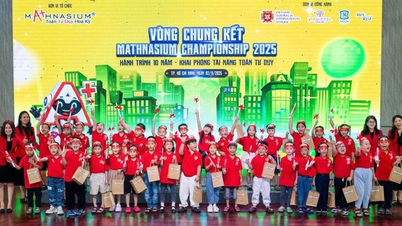
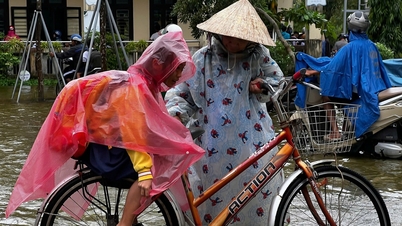

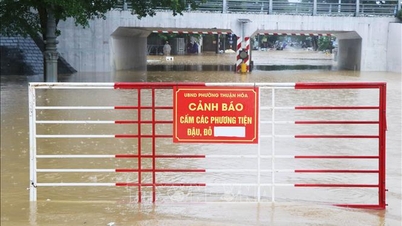


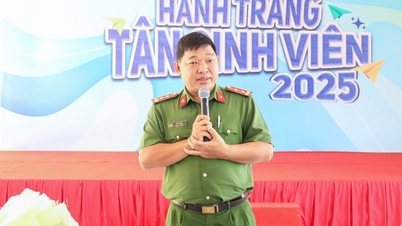









































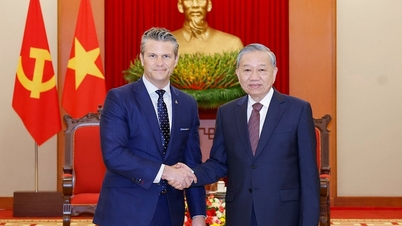


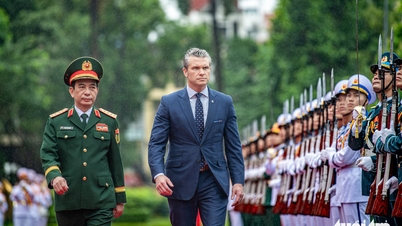







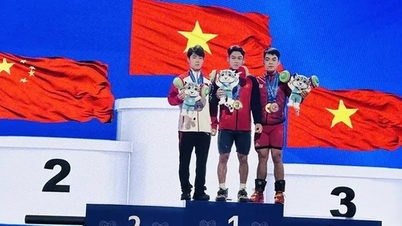
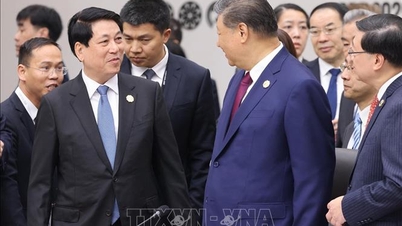

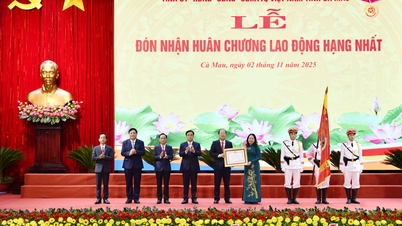



























Comment (0)